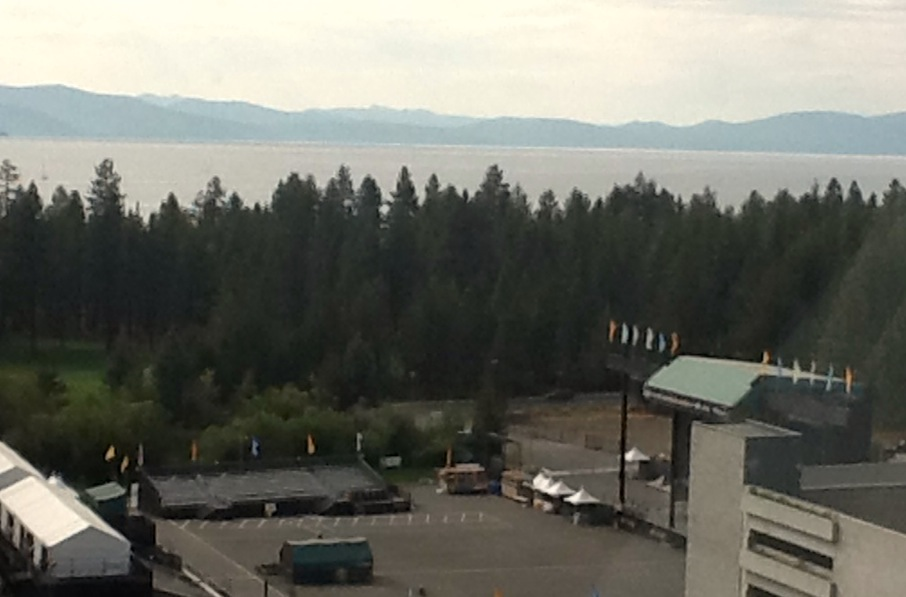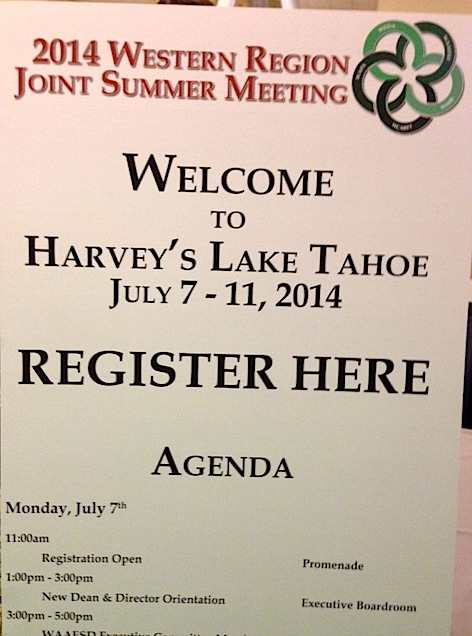Richard Ha writes:
I’m at Lake Tahoe at the Western Region meeting of the Association of Public and Land-Grant Universities (APLU). I’m attending as a Council for Agricultural Research, Extension, and Teaching (CARET) delegate; most of us are people in the ag industry.
Attending this meeting are deans of land-grant universities in the western U.S., and heads of their research, extension and teaching divisions. Back home, UH Manoa is a land-grant university.
At the first session, there was a panel discussion about how we can work together to maximize the Land Grant Universities’ extension, research and teaching functions. Also participating were representatives from the Western Governors Association, the National Association of Counties’ western representative and the Western Council of State Governments. I felt like this was a good effort at maximizing scientific resources.
I raised my hand and said that the County of Hawai‘i passed an ordinance banning all new GMOs. I said that I had found the input of CTAHR scientists very valuable in the discussion, and asked if the government groups were concerned about this issue. Of course, they were.
Then we got into the heart of the meeting, the Western agenda, which is about fire, water, invasive species, and endangered species. We discussed issues and prioritized action items. Next we had the research, extension and teaching groups go over the priorities and add their perspectives.
My thoughts? There are lots of things taking place that most people have no idea about. There are a ton of research facilities and people at work tackling a number of issues. These folks are all dedicated people who are interested in the public good. And they all believe in science – you can’t just say it; you have to prove it. I like this approach. It keeps us from wasting time and scarce resources.
With all the high brain-powered people here, I think I will ask them questions about GMOs that people back home will be interested in.


